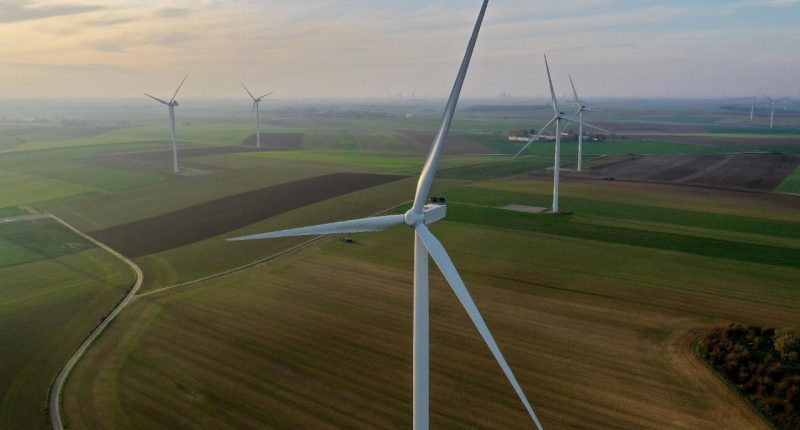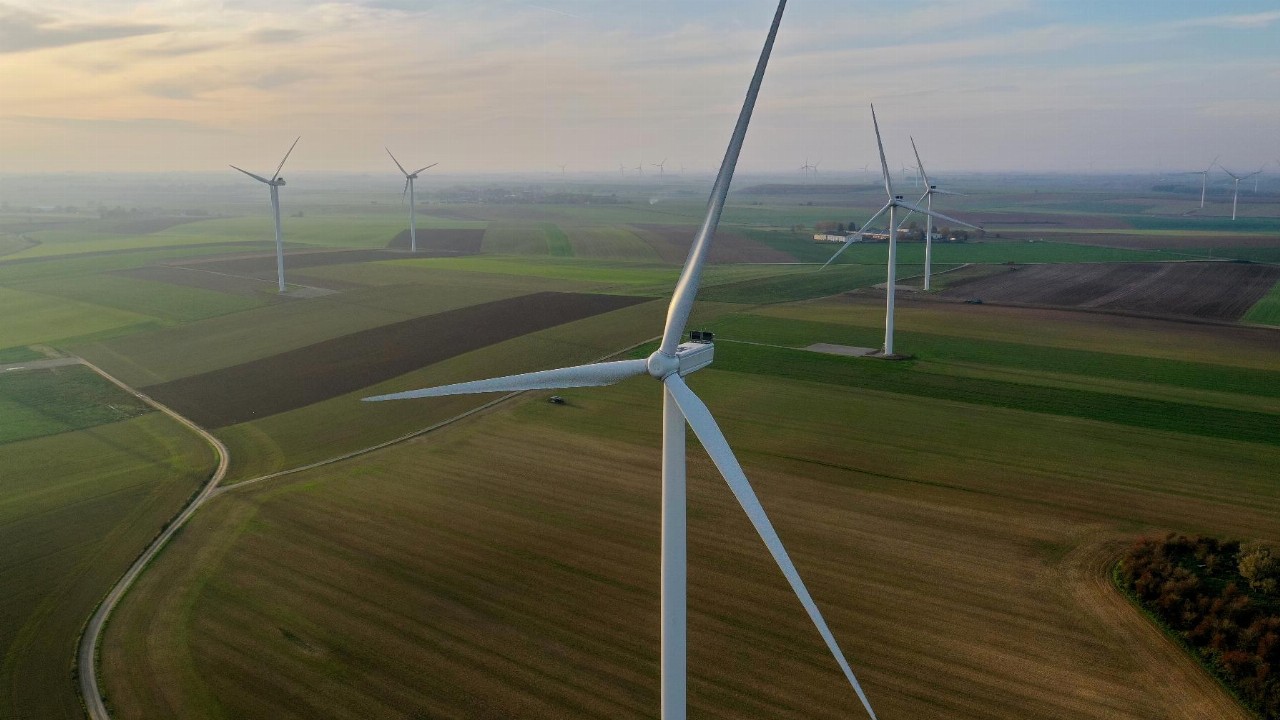- Coles (COL), Woodside Petroleum (WPL), and 11 other Australian businesses opt into the recently-announced Corporate Emissions Reduction Transparency (CERT) report
- The CERT report, which launches today, is designed to create a standardised reporting method for companies looking to reduce their carbon emissions
- The Federal Government has today announced a 2.1 per cent fall in national carbon emissions for the 12 months to the end of June
- Non-profit climate change organisation Clime Council says this reduction in emissions is “paltry” and highlights a “sluggish and inadequate” response to climate change
- Still, Australia’s contribution to global carbon dioxide output accounts for just one per cent of emissions worldwide
ASX big caps Coles (COL) and Woodside Petroleum (WPL) have joined 11 other large Australian businesses in getting behind the Federal Government’s recently-announced Corporate Emissions Reduction Transparency (CERT) report.
The news comes as the Federal Government announced a 2.1-per-cent fall in net carbon emissions for the 2021 financial year to 498.9 million tonnes of carbon dioxide equivalent.
Nevertheless, though Australian emissions account for just a fraction of global carbon emissions annually, non-profit climate change organisation Clime Council said the country needs to cut emissions 21 times faster than its current trajectory.
Standardised reporting for big businesses
The CERT report, which launches today, is designed to create a standardised reporting method for companies looking to reduce their carbon emissions.
The Federal Government announced the report back in October and today said a string of companies across a range of sectors have opted into the program.
Minister for Industry, Energy, and Emissions Reduction Angus Taylor said Australia was a “world leader” in public reporting of emissions data.
“The CERT report will add a new level of transparency and accountability for Australia’s largest companies’ performance against their voluntary emissions reduction targets,” Mr Taylor said.
“It will provide a one-stop-shop for the public to access net emissions, renewable electricity and offset data for Australia’s largest companies and understand their plans to decarbonise.”
Participation in the reporting scheme is voluntary and only businesses with total carbon emissions of more than 50,000 tonnes per year are eligible to opt-in.
Coles and Woodside, which combined have a market cap just shy of $45 billion, are two of the companies that have joined the CERT report.
“Paltry” annual emissions reductions
As the CERT report launches, the Federal Government has announced a 2.1 per cent fall in national carbon emissions for the 12 months to the end of June.
This means Australian greenhouse gas emissions are 20.4 per cent lower than 2005 levels, with the government claiming its “world-leading” deployment of solar and wind power has driven the decline.
“Since 2017, Australia’s consumption of renewable energy has grown at a compound annual rate of 4.6 per cent, with more than $40 billion invested in Australia’s renewable energy sector,” Minister Taylor said in a media statement.
“Last year, Australia deployed new solar and wind at eight times the global per capita average.”
Nevertheless, climate change activist group Climate Council said a sizeable share of the “paltry” decline in carbon emissions came from the global pandemic.
Senior Researcher Tim Baxter said today’s emissions data highlighted a “sluggish and inadequate” response to climate change.
“We know from painful, recent experience throughout the COVID-19 pandemic, that delaying a response or being slow to act carries serious consequences. We can’t afford to go slow on this,” Mr Baxter said.
“The time for leaning on the achievements of others is long since past. We need a federal government willing to step up on emissions reductions and take charge with real policy, not wish lists.”
The Climate Council said it recommended Australia aim for a 75 per cent reduction in emissions by 2030 compared to 2005 levels. Compared to the country’s current emissions reduction levels, this means Australia would need to cut emissions 21 faster than it is right now.
Still, Australia’s contribution to global carbon dioxide output accounts for just one per cent of emissions worldwide.
According to Climate Action Tracker, an independent scientific analysis group that tracks government climate action, China’s carbon emissions output was estimated at just under 14 billion tonnes of carbon dioxide equivalent last year.
For comparison, this means China takes around two weeks to output what Australia outputs in an entire year.
China accounts for just under 30 per cent of global emissions, with the US, India, and Russia together accounting for 27 per cent of emissions, according to the Union of Concerned Scientists.
As such, even with a 75 per cent reduction in Australian emissions by 2030, as is being pushed by Climate Council, Australian emissions would have only a small impact on global emissions.
The Australian government has committed to net-zero emissions by 2050. China has committed to the same goal by 2060.







